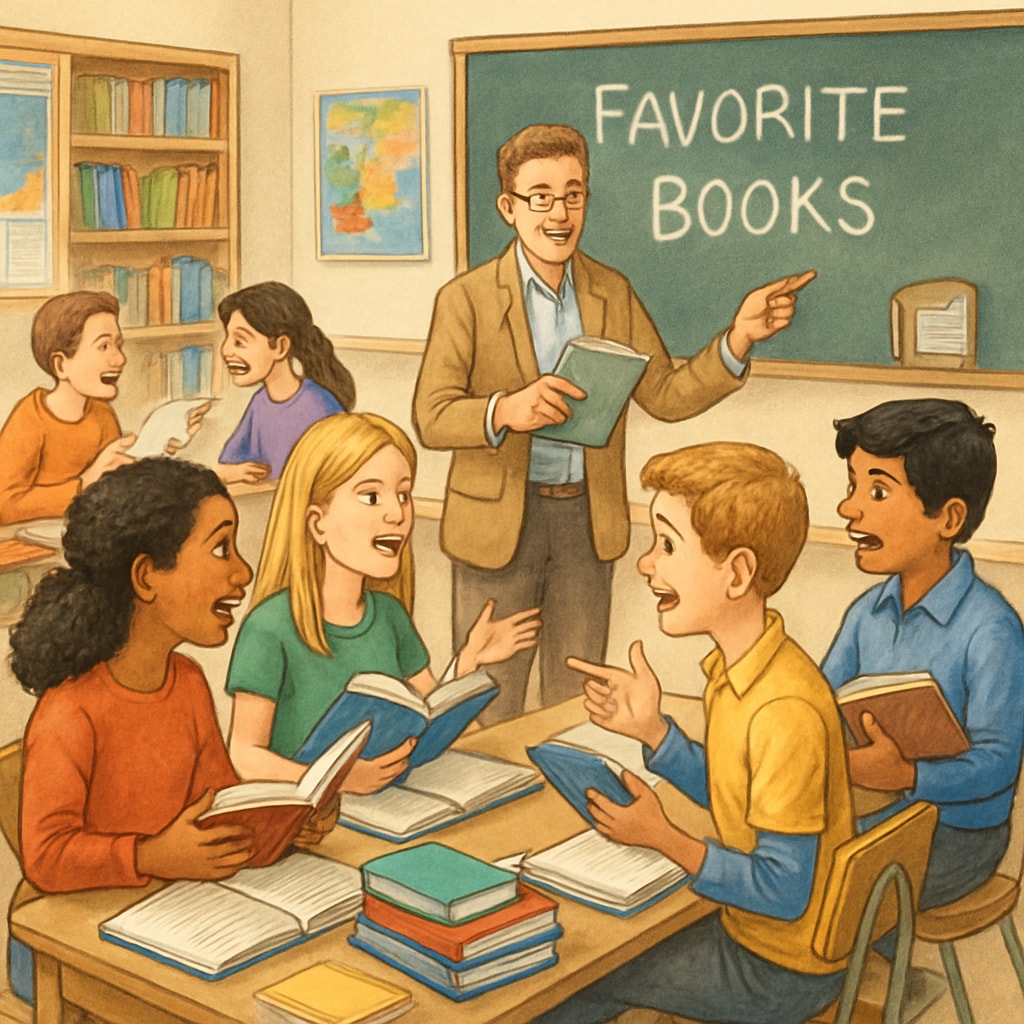For parents and teachers seeking free reading comprehension tests as alternatives to the Accelerated Reader (A.R.) system, the good news is that there are plenty of options available. While the A.R. system is widely used in schools, its focus on earning points often overshadows the true purpose of reading: fostering curiosity, critical thinking, and a lifelong love for books. This article explores free tools and strategies that can replace the A.R. system, helping elementary students, especially fourth graders, improve reading comprehension while cultivating genuine enthusiasm for literature.
Why Look Beyond the A.R. System?
The A.R. system has its merits—it provides structure and motivates students through rewards. However, it can also limit creativity and turn reading into a task associated with grades and points. Many students begin prioritizing “easy reads” to score higher points rather than challenging themselves with diverse and thought-provoking texts. As a result, their ability to delve deeper into storylines or analyze complex themes may diminish over time.
By exploring free alternatives, educators and parents can ensure children are not only tested on comprehension but also inspired to read for enjoyment and intellectual growth. Here are some key reasons to consider alternatives:
- Encourage reading for pleasure, not just for rewards.
- Promote critical thinking and analytical skills beyond multiple-choice questions.
- Provide access to diverse reading materials that go beyond the A.R. book list.

Free Reading Comprehension Test Alternatives
Several free resources offer excellent alternatives to the A.R. system. These tools not only provide reading comprehension tests but also encourage creativity and critical thinking. Here are some of the best options:
- CommonLit: This platform features a robust library of fiction and non-fiction texts for grades 3–12. It provides comprehension questions and discussion prompts designed to help students analyze texts deeply. The platform is free for teachers and parents. Explore CommonLit here.
- ReadWorks: ReadWorks is another free tool offering high-quality reading passages and comprehension questions. It also includes a “StepReads” feature that simplifies texts for struggling readers. Visit ReadWorks here.
- Storyline Online: This website hosts videos of actors reading children’s books aloud, accompanied by activity guides to enhance comprehension. It’s a great way to make reading fun and engaging for younger students.
- Newsela: Newsela provides leveled news articles on current events, paired with comprehension quizzes. Teachers can adjust the Lexile level to suit individual students’ reading abilities. A free version is available with basic features.
Strategies to Cultivate a Love for Reading
In addition to using free tools, adopting effective strategies can significantly enhance children’s reading experience. Here are some approaches to try:
- Interactive Discussions: After your child finishes a book, discuss the plot, characters, and themes. Encourage critical thinking by asking open-ended questions such as, “Why do you think the character made that choice?”
- Creative Projects: Let children create artwork, write alternative endings, or perform skits based on the books they read. This connects reading to creativity and deeper engagement.
- Set an Example: Children imitate the adults around them. If they see parents or teachers enjoying books, they’re more likely to develop similar habits.

Balancing Comprehension and Enjoyment
Using free reading comprehension tests alongside strategies that prioritize enjoyment allows children to develop essential skills without the pressure of points. For example, combining ReadWorks passages with creative discussions or using Storyline Online for bedtime reading sessions can make the learning process more dynamic.
Ultimately, the goal is to go beyond the limitations of the A.R. system and create an environment where reading is both educational and fun. When students associate reading with discovery and joy, their comprehension skills will naturally improve.
By embracing these free tools and strategies, educators and parents can strike a balance between structured learning and nurturing a lifelong passion for reading.
Readability guidance: This article uses short paragraphs and lists to enhance readability. Key points are summarized under clear headings, and transition words are used to maintain a smooth flow of ideas.


